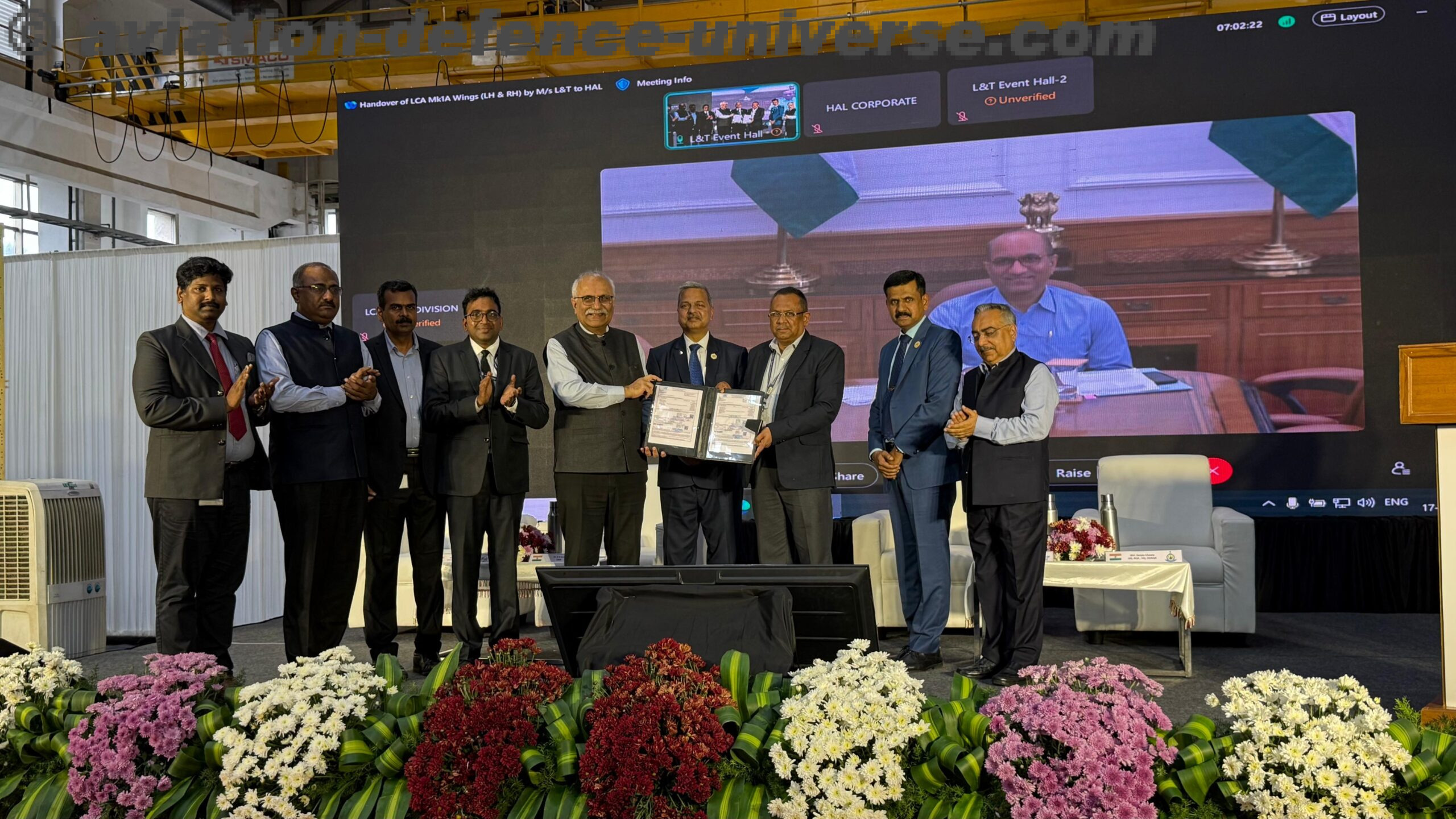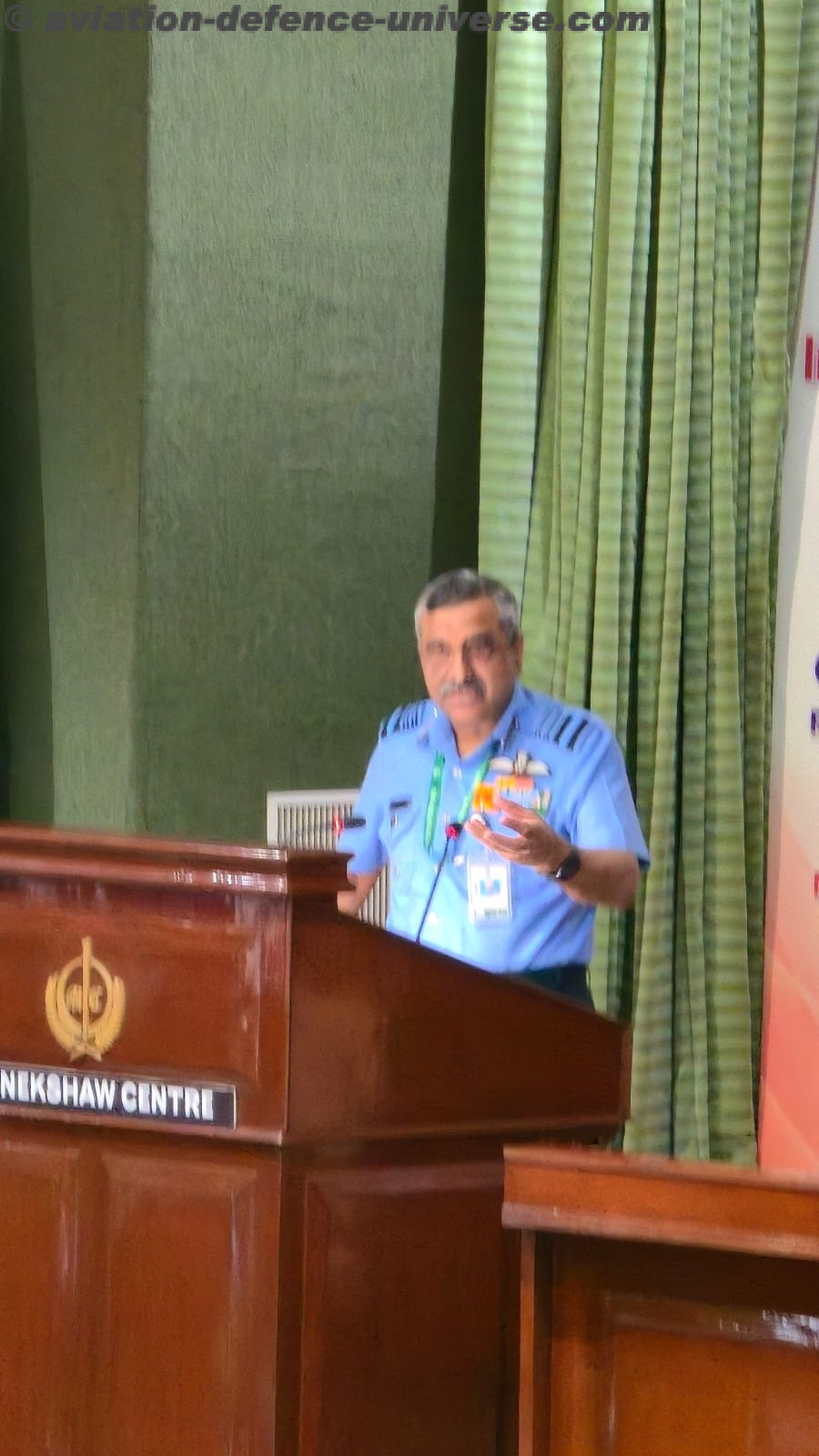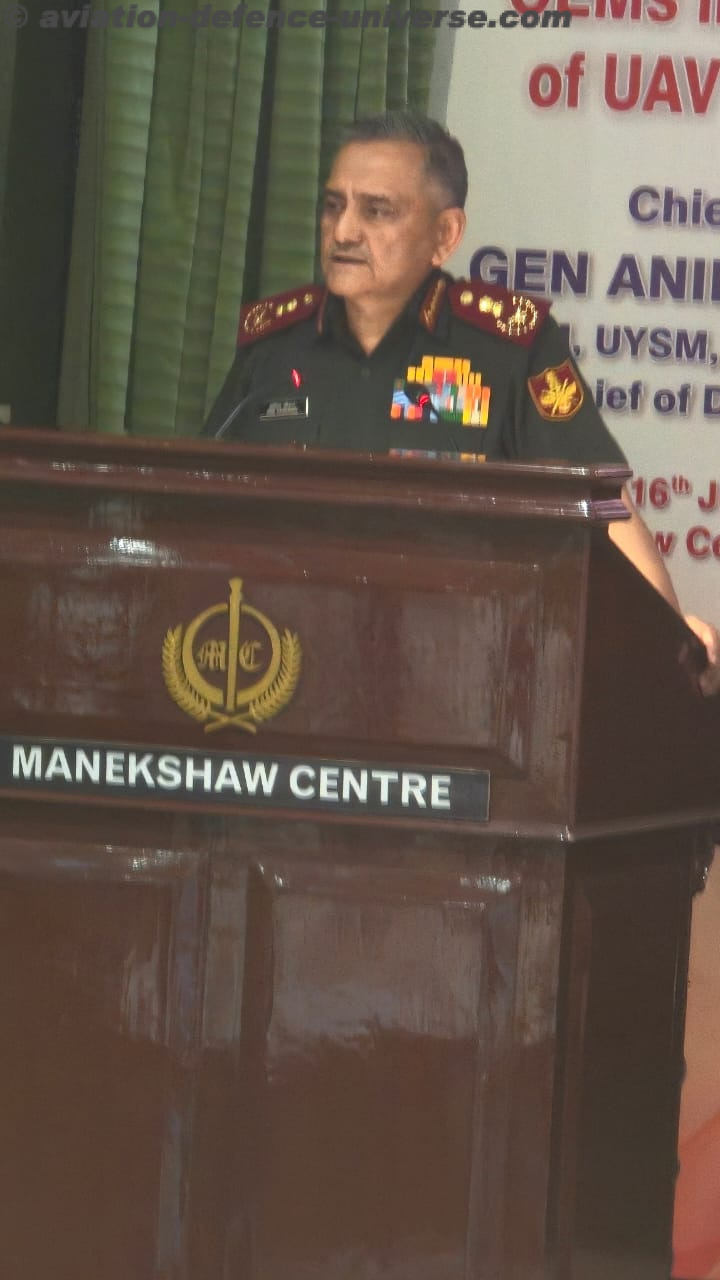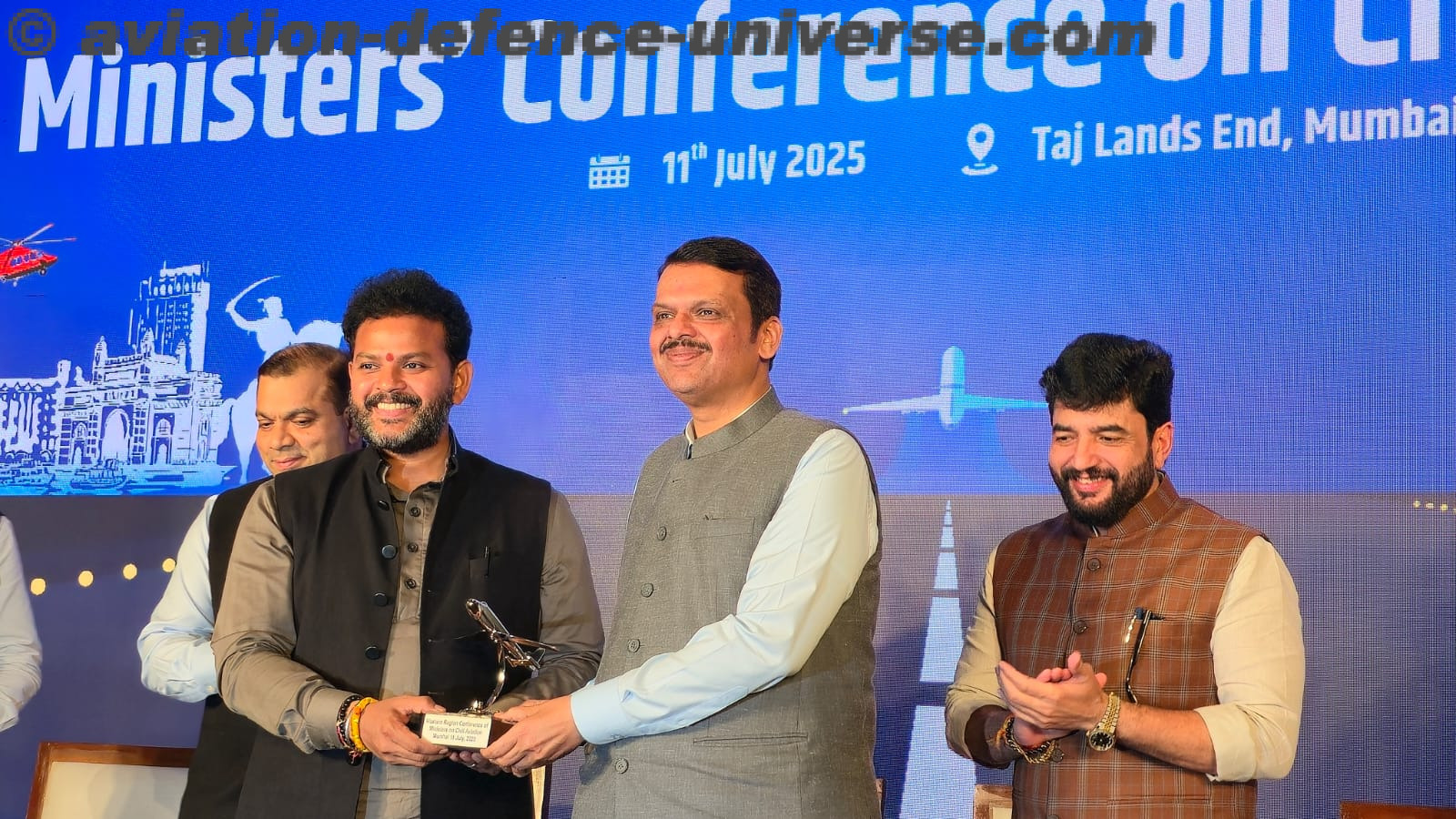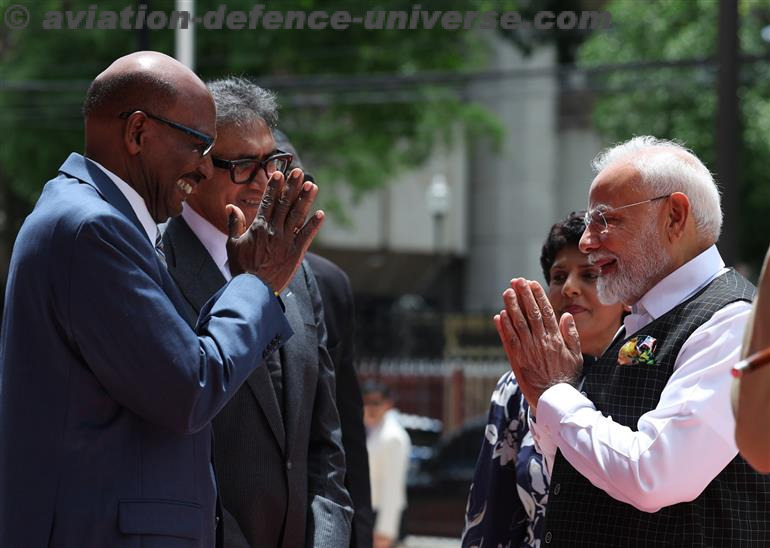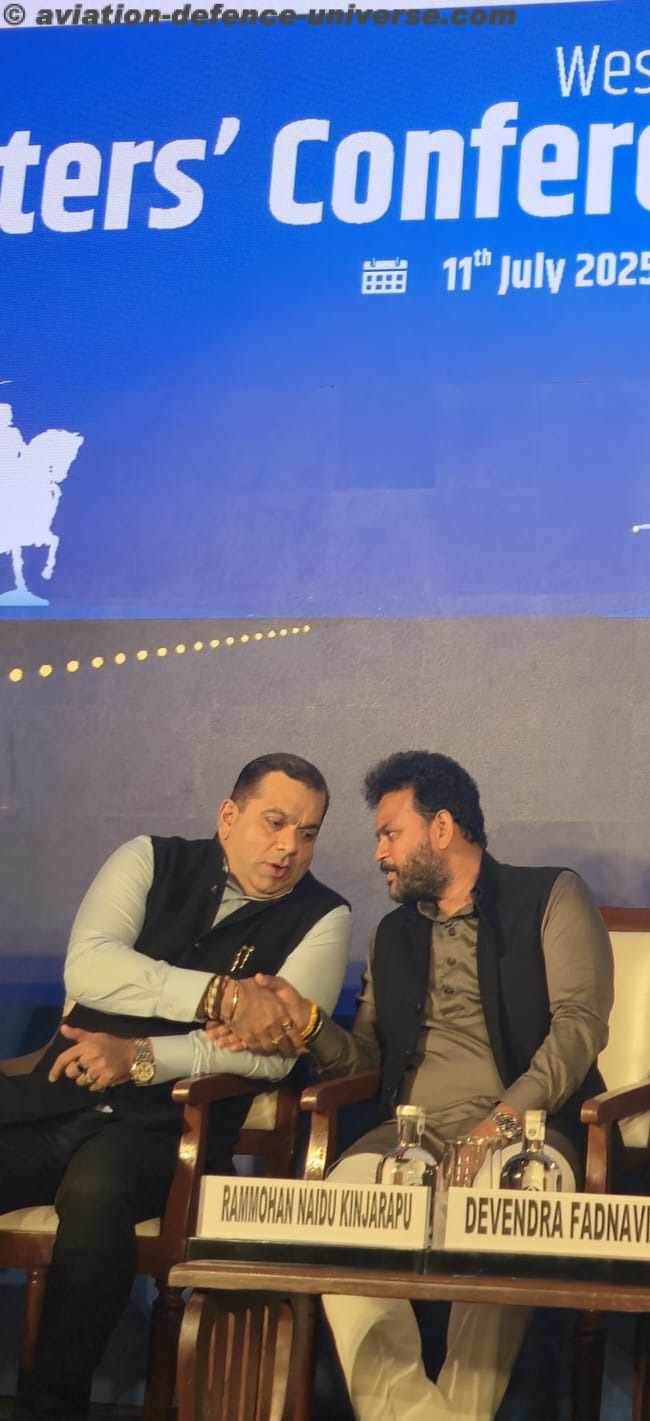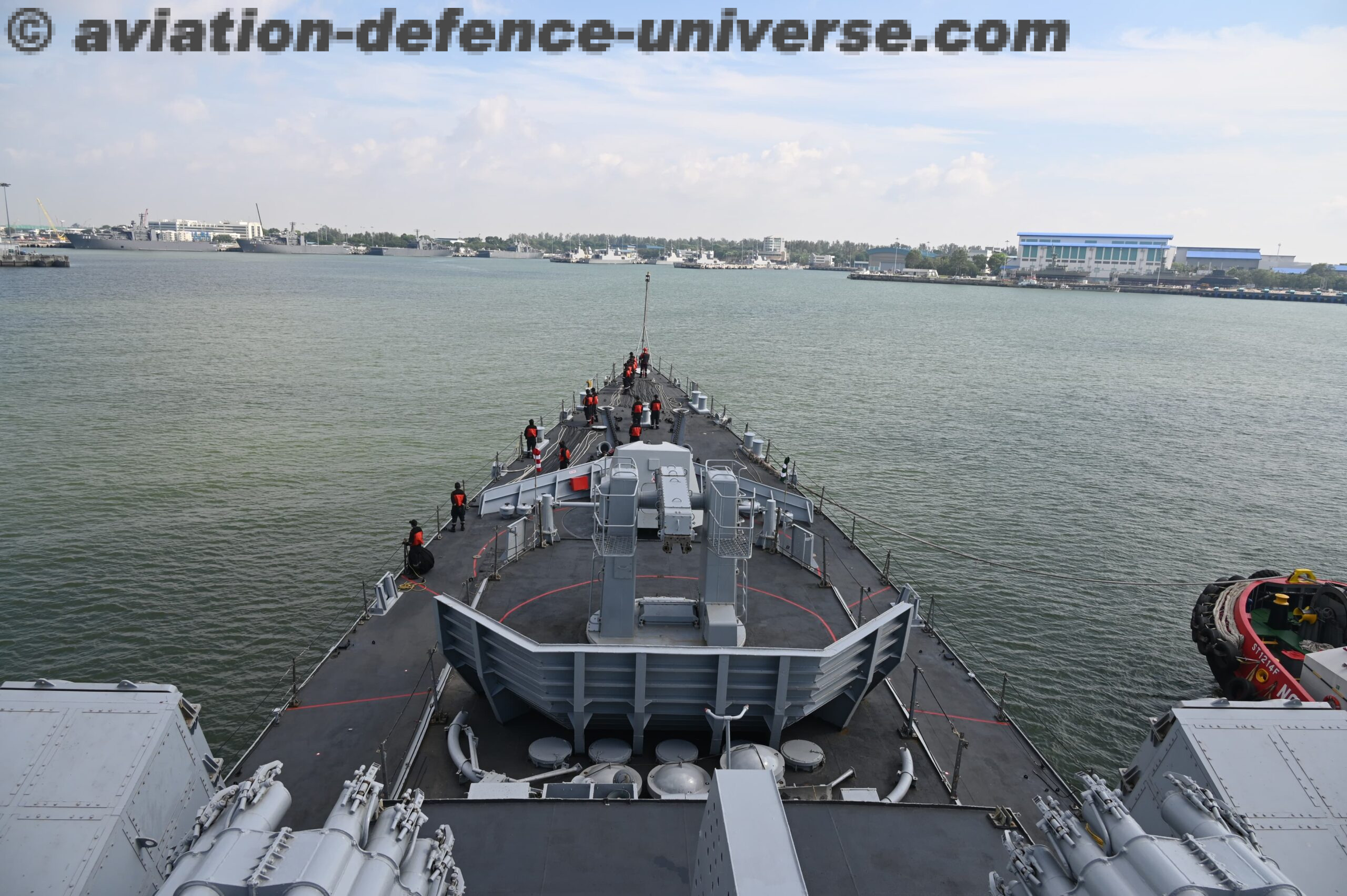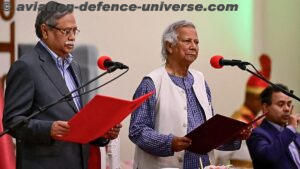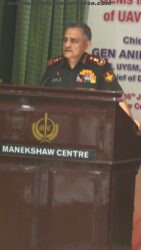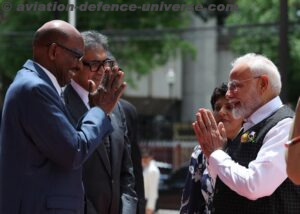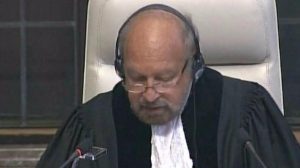
By Sangeeta Saxena
New Delhi. 18 May 2017. “Under the present circumstances, it is appropriate for the Court to order that Pakistan shall take all measures at its disposal to ensure that Mr. Jadhav is not executed pending the final decision in these proceedings and shall inform the Court of all the measures taken in implementation of the present Order.” It was this paragraph 58 of the decision given by the International Court of Justice(ICJ)today which made the nation heave a sigh of relief. It stays Pakistan from executing Cdr Kulbhushan Jadhav in custody, as it was planning to do.
The decision on the Jadhav case (India v. Pakistan) which was given after request for the indication of provisional measures order was given in the presence of President Abraham; Judges Owada, Cançado Trindade, Xue, Donoghue, Gaja, Sebutinde, Bhandari, Robinson, Crawford, Gevorgian and Registrar Couvreur. The International Court of Justice composed as above, after deliberation, having regard to Articles 41 and 48 of the Statute of the Court and Articles 73, 74 and 75 of the Rules of Court made the Order.
It may be recalled that India filed its Request for the indication of provisional measures on 8 May 2017, the same day that it initiated proceedings against Pakistan in a dispute concerning alleged violations of Article 36 of the Vienna Convention on Consular Relations of 24 April 1963 with respect to Jadhav, sentenced to death in Pakistan.
The Court began by considering whether it has jurisdiction prima facie to hear the case. It recalled that India seeks to ground its jurisdiction in Article I of the Optional Protocol to the Vienna Convention, which provides that the Court has jurisdiction over “[d]isputes arising out of the interpretation or application of the [Vienna] Convention”. In this regard, the Court noted that the Parties do indeed appear to have differed, and still differ today, on the question of India’s consular assistance to Jadhav under the Vienna Convention.
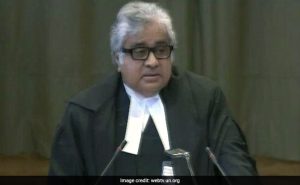
It further noted that the acts alleged by India, i.e., the alleged failure by Pakistan to provide the requisite consular notifications with regard to the arrest and detention of Jadhav, as well as the alleged failure to allow communication and provide access to him, appear to be capable of falling within the scope of the Convention. In the view of the Court, this is sufficient to establish that it has prima facie jurisdiction under Article I of the Optional Protocol.
The Court further observed that the existence of a 2008 bilateral Agreement between the Parties on consular relations does not change its conclusion on jurisdiction. The Court then turned to the question whether the rights alleged by India are at least plausible. It observed that the rights to consular notification and access between a State and its nationals, as well as the obligations of the detaining State to inform the person concerned without delay of his rights with regard to consular assistance and to allow their exercise, are recognized in Article 36, paragraph 1, of the Vienna Convention, and that India has alleged violations of this provision.
In the view of the Court, therefore, it appears that the rights alleged by India are plausible. The Court then focused on the issue of the link between the rights claimed and the provisional measures requested. It considers that the measures requested are aimed at ensuring that the rights contained in Article 36, paragraph 1, of the Vienna Convention, are preserved. Therefore, a link exists between the rights claimed by India and the provisional measures being sought.
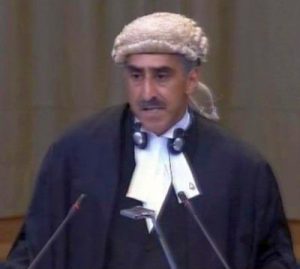
The Court then examined whether there is a risk of irreparable prejudice and urgency. It considers that the mere fact that Jadhav is under a death sentence and might therefore be executed is sufficient to demonstrate the existence of a risk of irreparable prejudice to the rights claimed by India. The Court further observed that Pakistan has indicated that any execution of Jadhav would probably not take place before the month of August 2017. This means that there is a risk that an execution could take place at any moment thereafter, before the Court has given its final decision in the case.
The Court also noted that Pakistan has given no assurance that Jadhav will not be executed before the Court has rendered its final decision. In those circumstances, the Court was satisfied that there is urgency in the present case.
The Court concluded by indicating the following measures that Pakistan shall take all measures at its disposal to ensure that Jadhav is not executed pending the final decision in these proceedings and shall inform the Court of all the measures taken in implementation of the present Order. The Court also decided that, until it has given its final decision, it shall remain seised of the matters which form the subject-matter of this Order.
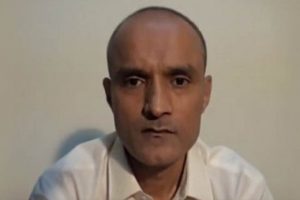
In what is an outright defiance of the ICJ’s verdict, Pakistan has stated in a press release that “as far as Pakistan is concerned, the Court’s decision today has not changed the status of Commander Jadhav’s case in any manner”. Lets us hope good sense prevails on Pakistan and it follows the orders of ICJ.
Meanwhile Indian Ministry of External Affairs said “The provisional relief provided by the ICJ is the first step in ensuring justice to Jadhav. The order by the ICJ is unanimous, favourable, clear and unambiguous. The verdict a matter of great relief for people of the country.”
The last time India and Pakistan took a dispute to the ICJ was in 1999 when Islamabad protested against the downing of a Pakistani navy plane that killed 16 people. In that case, the tribunal decided it was not competent to rule in the dispute and closed the case.












